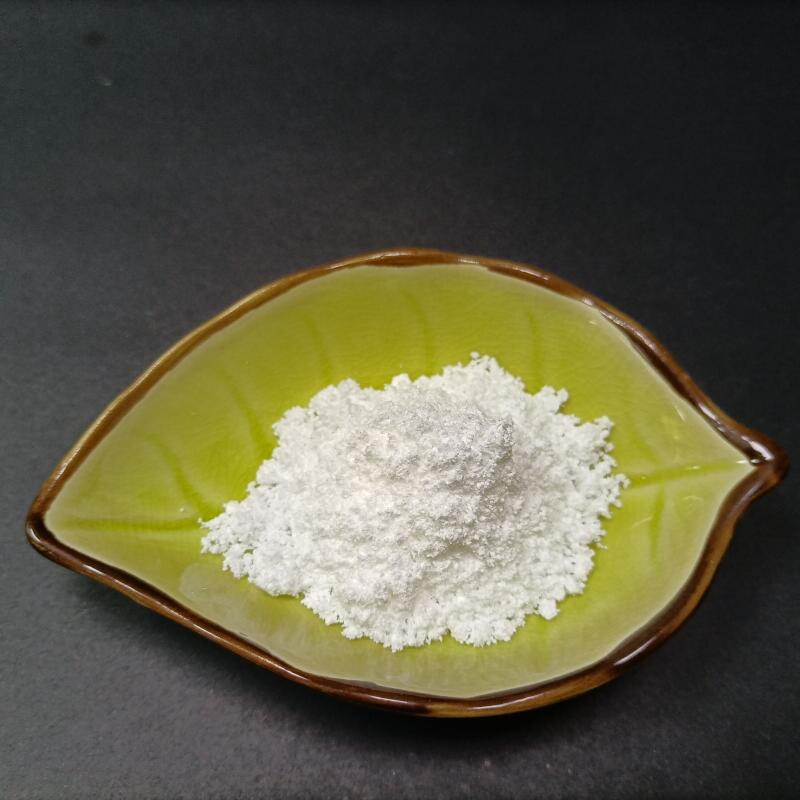-
Categories
-
Pharmaceutical Intermediates
-
Active Pharmaceutical Ingredients
-
Food Additives
- Industrial Coatings
- Agrochemicals
- Dyes and Pigments
- Surfactant
- Flavors and Fragrances
- Chemical Reagents
- Catalyst and Auxiliary
- Natural Products
- Inorganic Chemistry
-
Organic Chemistry
-
Biochemical Engineering
- Analytical Chemistry
-
Cosmetic Ingredient
- Water Treatment Chemical
-
Pharmaceutical Intermediates
Promotion
ECHEMI Mall
Wholesale
Weekly Price
Exhibition
News
-
Trade Service
Neanderthals, ancient humans who were active in Europe 200,000 years ago, ruled europe, western Asia and northern Africa from 120,000 years ago, but surprisingly, about 35,000 years ago, Neanderthals began to shrink rapidly and eventually disappeared altogether about 30,000 years ago.
it is worth noting that 35,000 years ago, it was Homophobic (that is, we modern humans) that came to Europe.
many scholars believe that it was the arrival of Homo homorosia that brought Neanderthals to their total extinction.
Neanderthals have been extinct as a human species for tens of thousands of years, but they are actually everywhere, and during the brief period of Homoros and Neanderthal existence, they were married, so Neanderthal genes remained in Homo homoros for good, and DNA studies have shown that we modern humans have 1% to 4% of Neanderthal genetic components.
In fact, some of the characteristics of our humans are due to the genetic inheritance of Neanderthal genes, such as a study published in the journal Current Biology in July 2020, which showed that modern human sensitivity to pain was inherited from Neanderthals. In June 20, a study published in the journal Molecular Biology and Evolution noted that a significant number of women inherited progesterone-like genes from Neanderthals, a genetic variant associated with increased fertility, reduced bleeding in early pregnancy and reduced abortion.
the latest issue of nature advances a research paper by the Max Planck Institute for Evolutionary Anthropology in Germany entitled: The major genetic risk factor for severe COVID-19 is inherited from Neanderthals.
More than ten months after the outbreak, more than 33 million people worldwide have been infected and more than 1 million have died as a result, the vast majority of patients with neo-crown pneumonia have mild symptoms, and a small number of seriously ill patients are at risk due to the lack of special drugs.
Previous studies have shown that the main genetic risk factor for the development of neocooprene pneumonia is clusters of genes on chromosome 3, and the latest study, published in Nature, confirms that the risk is caused by fragments of the genome about 50 kb long inherited from Neanderthals, the highest genetic risk among South Asian and European populations, while few in East Asia and Africa.
further analysis of genetic variants associated with severe neo-corona pneumonia shows that Neanderthals' fragments of the core risk gene for neo-coronary disease occur 30 per cent of the Population in South Asia, 8 per cent in Europe, an average of 4 per cent in the Americas and almost nothing in East Asia and Africa.
means that after infection with the new crown, Chinese is very unlikely to develop into a serious illness, as it is.
It is worth noting that India in South Asia is now the epicenter of the new crown outbreak, adding more than 80,000 people a day, and is expected to soon surpass the United States as the country with the highest number of new crown infections, with south Asians at a much higher risk of new crown severity than in other regions and India facing more deaths.
.







